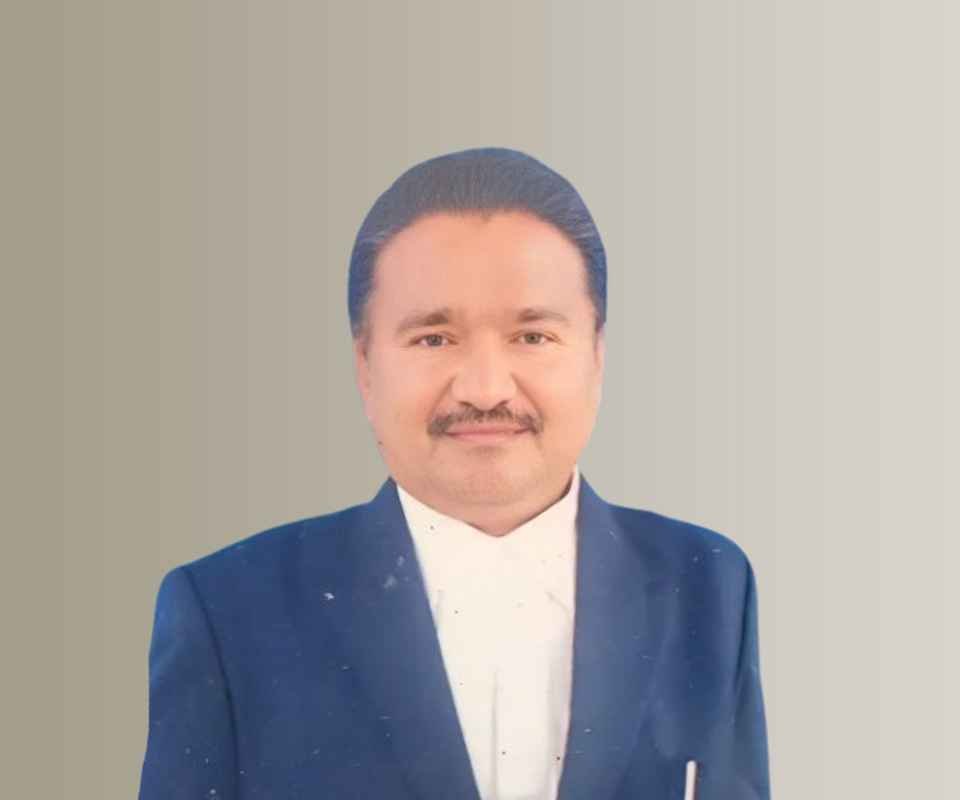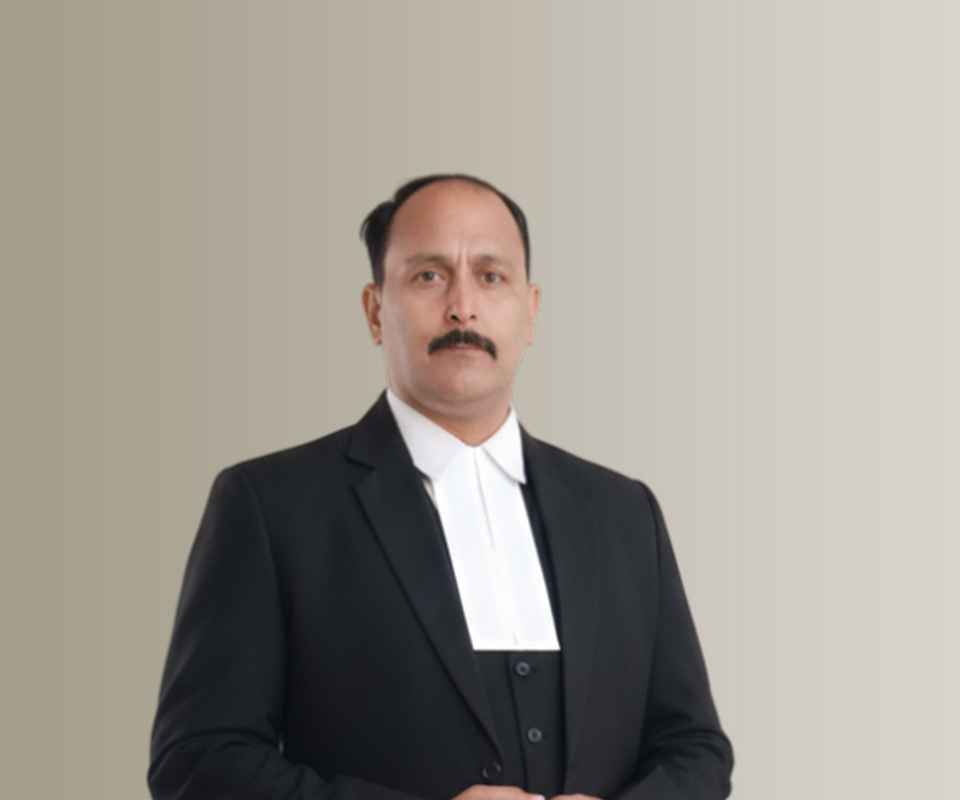Answer By law4u team
It is a common principle in international extradition law that many countries refuse to extradite their own nationals to foreign states. This is often based on constitutional provisions, national laws, or specific treaty clauses aimed at protecting their citizens from foreign prosecution, ensuring their rights, or trying the accused within their own judicial system.
Reasons Why Countries May Refuse To Extradite Their Own Citizens
Nationality Principle
Many countries exercise the nationality principle, whereby they protect their citizens from extradition and instead prosecute them domestically if warranted.
Constitutional or Legal Provisions
Some countries have constitutional clauses or laws explicitly forbidding the extradition of their nationals.
Treaty Provisions
Extradition treaties often include clauses allowing refusal to extradite nationals or require assurances of fair trial or domestic prosecution.
Sovereignty and Protection of Citizens
States prioritize protecting their nationals from potential political persecution or unfair treatment abroad.
Double Criminality and Local Jurisdiction
Refusal may be linked with whether the offense is recognized under domestic law and if the country intends to prosecute the accused itself.
Consumer Safety Tips (For Requesting Authorities)
Check the extradition treaty between India and the requested country for nationality clauses.
Consider diplomatic engagement to seek assurances or alternative legal cooperation.
Be prepared for possible domestic prosecution requests rather than extradition.
Understand and respect the legal frameworks and constitutional protections of the requested country.
Example
A European country refused India’s extradition request for one of its citizens accused of fraud, citing its constitutional prohibition on extraditing nationals. Instead, it initiated its own legal proceedings against the accused within its jurisdiction.






